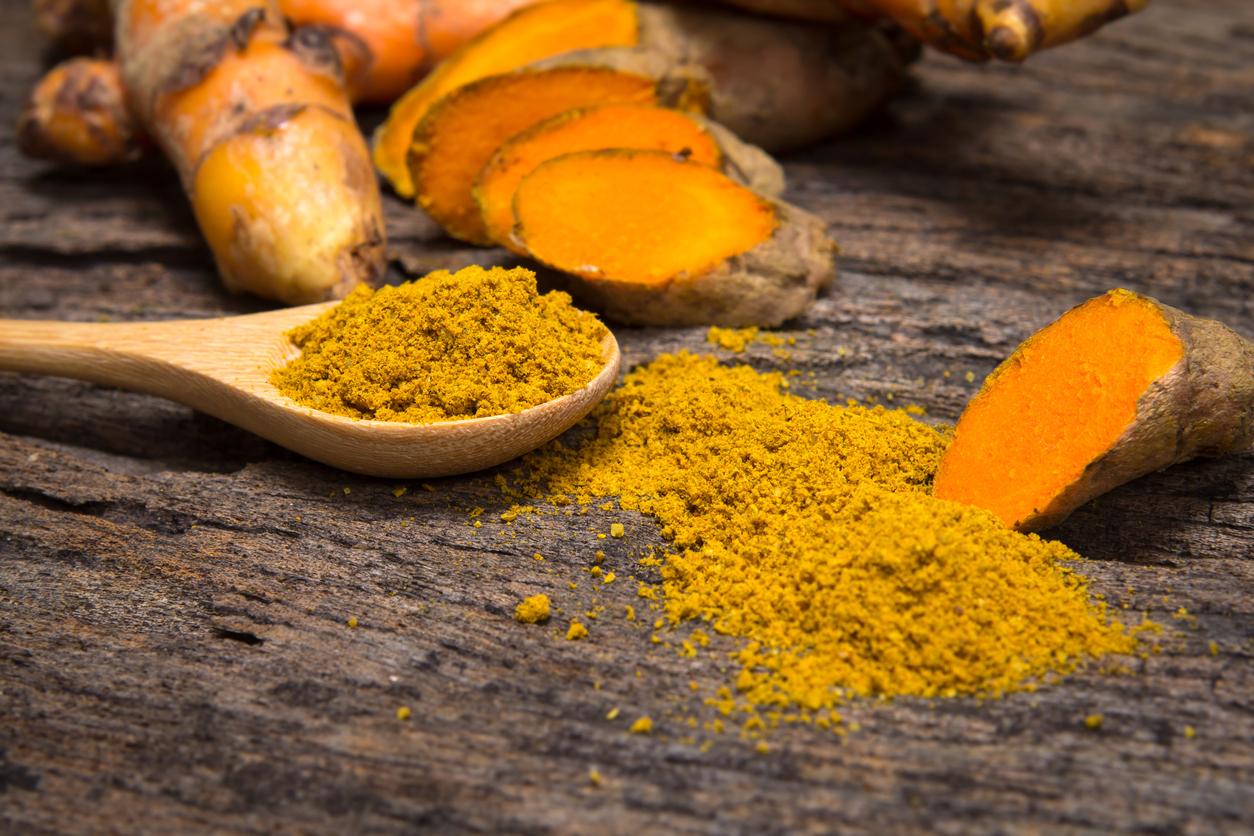Eating turmeric once a day could improve memory and happiness, finds study

Your support helps us to tell the story
From reproductive rights to climate change to Big Tech, The Independent is on the ground when the story is developing. Whether it's investigating the financials of Elon Musk's pro-Trump PAC or producing our latest documentary, 'The A Word', which shines a light on the American women fighting for reproductive rights, we know how important it is to parse out the facts from the messaging.
At such a critical moment in US history, we need reporters on the ground. Your donation allows us to keep sending journalists to speak to both sides of the story.
The Independent is trusted by Americans across the entire political spectrum. And unlike many other quality news outlets, we choose not to lock Americans out of our reporting and analysis with paywalls. We believe quality journalism should be available to everyone, paid for by those who can afford it.
Your support makes all the difference.An ingredient that is used to give curry its bright colour could also improve your memory and mood, new research suggests.
Found in turmeric, curcumin is hailed as an anti-inflammatory with antioxidant properties, and it has also been suggested as a possible reason that senior citizens in India - where curcumin is somewhat of a staple - have lower rates of Alzheimer's disease and better cognitive performance.
Published in the American Journal of Geriatric Psychiatry, the research conducted by the University of California Los Angeles set out to examine the effects of the ingredient on people with mild, age-related memory loss.
“Exactly how curcumin exerts its effects is not certain, but it may be due to its ability to reduce brain inflammation, which has been linked to both Alzheimer's disease and major depression,” said Dr. Gary Small, director of geriatric psychiatry at UCLA's Longevity Center and study author.
The 40 participants were aged between 50 and 90-years-old and all presented with mild memory complaints.
Half of them were assigned 90 milligrams of curcumin twice daily for 18 months, while the rest were given a placebo.
After monitoring curcumin levels in their blood and undergoing cognitive assessments and PET scans, the study found that those who took curcumin saw significant improvement in both memory and mood.
In memory tests, the people taking curcumin improved by 28 percent over the 18 months and also showed mild improvement in their overall disposition.
Now, the researchers plan to conduct a follow-up study with a larger number of participants.
They also hope to explore whether its effects vary according to people’s age or their genetic risk for Alzheimer’s, and it’s potential to help with mild depression.
“These results suggest that taking this relatively safe form of curcumin could provide meaningful cognitive benefits over the years,” Small concluded.
Join our commenting forum
Join thought-provoking conversations, follow other Independent readers and see their replies
Comments